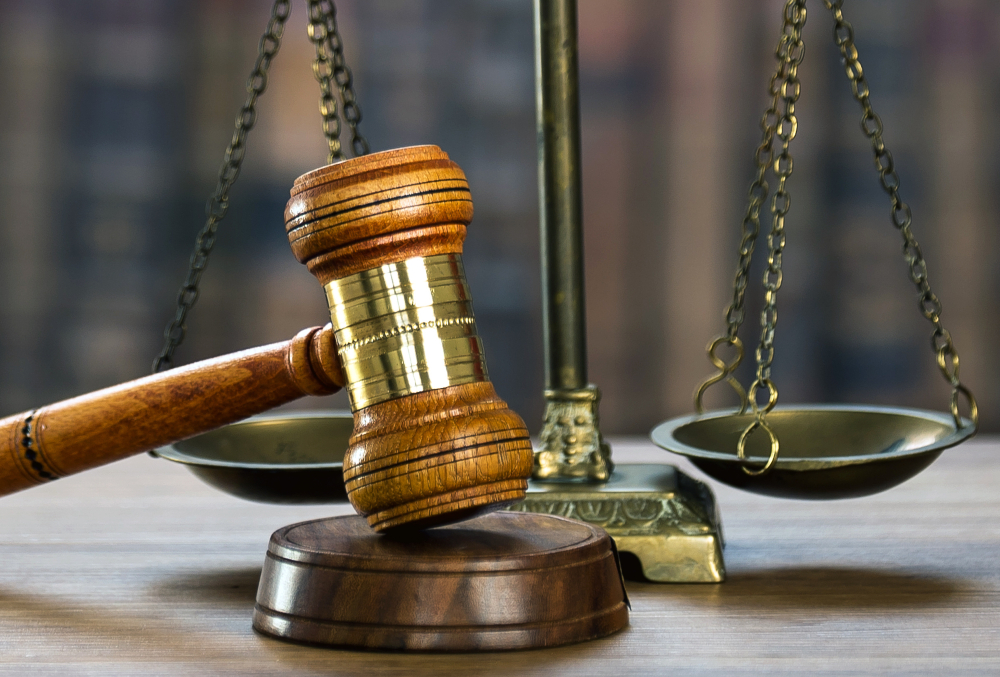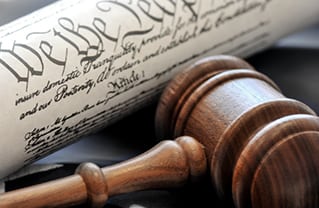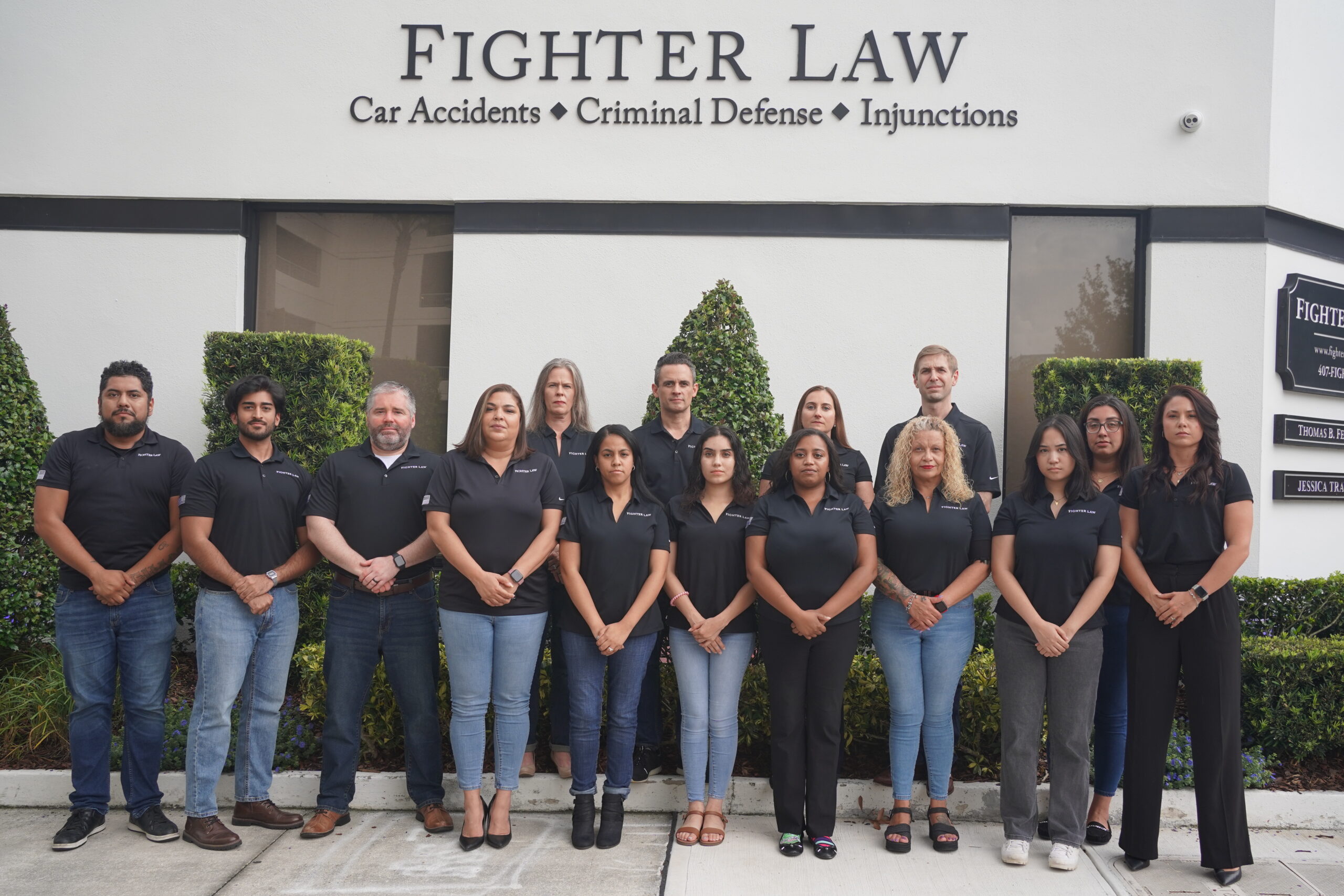Civil Remedies Notices in Florida
What is a Civil Remedies Notice in Florida?
In Florida, a Civil Remedies Notice (CRN) is an essential legal document used to hold insurance companies accountable when they fail to act in good faith. It is governed by Florida Statute §624.155, which establishes a framework for addressing insurance bad faith practices. A CRN serves as a formal notice to an insurer, notifying them of alleged violations such as failing to settle claims fairly, delaying payments, or acting dishonestly in handling a claim.
For personal injury cases, the CRN is a critical step before pursuing legal action for bad faith against an insurance company. It acts as a prerequisite to filing a bad faith lawsuit and provides the insurance company with an opportunity to resolve the issue without going to court. This process ensures insurers are given a chance to address legitimate concerns while protecting the injured party’s right to pursue further legal remedies if necessary.
The Role of Civil Remedies Notices in Personal Injury Cases
Personal injury cases often involve dealing with insurance companies, whether it’s the injured party’s own insurer or the at-fault party’s insurer. Insurance companies have a legal obligation to handle claims in good faith. This means they must investigate claims promptly, communicate openly, and offer fair compensation when liability is clear. However, insurance companies are profit-driven entities, and sometimes they may delay, underpay, or outright deny valid claims.
A Civil Remedies Notice comes into play when an insurer fails to uphold their duty of good faith. For example:
- An insurance company refuses to settle a personal injury claim even when it is clear their policyholder was at fault.
- The insurer offers a settlement far below the actual value of the claim.
- Delays in processing or responding to a claim cause financial hardship for the injured party.
The CRN gives the insurance company 60 days to “cure” the alleged bad faith behavior. During this time, they can resolve the claim by paying the requested amount or addressing the specific issues outlined in the notice. If they fail to do so, the injured party may file a lawsuit for bad faith, potentially recovering damages that exceed the policy limits.
What Does a Civil Remedies Notice Include?
A Civil Remedies Notice must be detailed and precise to be effective. It is filed with the Florida Department of Financial Services (DFS) and must include specific information, such as:
- The name of the insurer and the policy number.
- The specific statutory provisions the insurer allegedly violated.
- A detailed description of the facts supporting the allegations.
- The amount of damages or relief sought.
- Contact information for the injured party or their attorney.
A properly drafted CRN is crucial because any errors or omissions can render the notice invalid, potentially delaying the resolution of the claim. This is why it is important to work with an experienced attorney who understands how to draft and file a CRN correctly.
Why is a Civil Remedies Notice Important in Personal Injury Law?
In personal injury cases, the stakes are often high for the injured party. Medical bills, lost wages, and emotional distress can place significant financial and personal burdens on someone who is already dealing with the aftermath of an accident. Insurance companies may exploit this vulnerability by offering lowball settlements or delaying payment.
A CRN levels the playing field by holding insurers accountable for their actions. It ensures they take claims seriously and provides a legal mechanism for injured parties to pursue additional damages if the insurer fails to act in good faith. The potential for a bad faith lawsuit often motivates insurers to resolve claims promptly and fairly during the 60-day “cure” period.
The Importance of Hiring an Experienced Attorney
Filing a Civil Remedies Notice is not just a formality—it is a strategic step that can significantly impact the outcome of a personal injury case. Here’s why hiring an experienced attorney is essential:
1. Knowledge of the Law
An experienced personal injury attorney understands the complexities of Florida’s bad faith insurance laws and knows how to identify when an insurer has violated their duties. They can pinpoint statutory violations, gather evidence, and draft a CRN that meets all legal requirements.
2. Drafting a Strong CRN
A poorly drafted CRN can weaken your case. Experienced attorneys know how to craft detailed and persuasive notices that clearly outline the insurer’s bad faith actions and demand appropriate remedies.
3. Maximizing Compensation
By holding insurers accountable, a skilled attorney can help injured parties recover the full value of their claims, including damages that may exceed policy limits in cases of bad faith.
4. Navigating the Legal Process
Filing a CRN is just one step in the broader process of pursuing a personal injury claim. An experienced attorney can handle all aspects of the case, from negotiating settlements to litigating bad faith lawsuits if necessary.
5. Protecting Your Rights
Insurance companies have teams of lawyers and adjusters working to minimize payouts. Without legal representation, injured parties may be at a disadvantage. An experienced attorney ensures your rights are protected and that you are treated fairly.
Conclusion
In Florida, a Civil Remedies Notice is a powerful tool for holding insurance companies accountable and ensuring injured parties receive fair compensation. It is especially important in personal injury cases, where financial recovery is critical to rebuilding lives after an accident. The CRN process provides a legal mechanism for addressing bad faith practices and gives insurers an opportunity to resolve disputes without litigation.
However, successfully navigating the CRN process requires legal expertise. Hiring an experienced personal injury attorney is crucial to ensuring the notice is properly drafted, filed, and followed through. An attorney with a deep understanding of Florida’s insurance laws can maximize your chances of achieving a favorable outcome and help you secure the compensation you deserve.
If you’ve been injured in an accident and believe the insurance company is acting unfairly, contact our firm today. We have the experience and knowledge needed to handle Civil Remedies Notices and fight for your rights every step of the way.
Bad Faith Claims
Law firms can set clients up for better results or settlements by carefully documenting every interaction with the insurance company, filing a detailed Civil Remedies Notice (CRN) when the insurer acts unfairly, and giving the insurer a chance to fix the issue. If the company doesn’t act in good faith, this process opens the door to a bad faith claim, which can force the insurer to pay more than the policy limits. It’s all about holding the insurer accountable while building a strong case for fair compensation.
free case evaluation
Fill out the form below for an free evaluation of your case.




Personal Injury Lawyer Orlando | Top Injury Lawyers Near You – Fighter Law
- Assault and Battery Personal Injury Lawyer
- Birth Injury Lawyer
- Boating Accidents
- Burn Injury Lawyer
- Car Accident Attorney
- Car Accidents
- Civil Remedies Notices in Florida
- Construction Accident Lawyer
- Dog Bite Lawyer in Florida
- Motorcycle Accidents
- Neck and Back Injuries
- Negligent Security Lawyers - a.k.a. Premises Liability Lawyers
- Premises Liability Lawyer
- Sex Crime Injury Lawyers
- Slip and Fall Accidents
- Theme Park Accident & Injury Lawyers
- Traumatic Brain Injury Lawyer
- Truck Accidents
- Uber and Lyft Accident Lawyer
- Wrongful Death Lawyers

Practice Areas
Learn more about our services in Criminal Defense, Personal Injury, and Injunctions.

We Fight for Outstanding Case Results
We are driven to get you results. Review the outcomes on recent cases we've handled.


